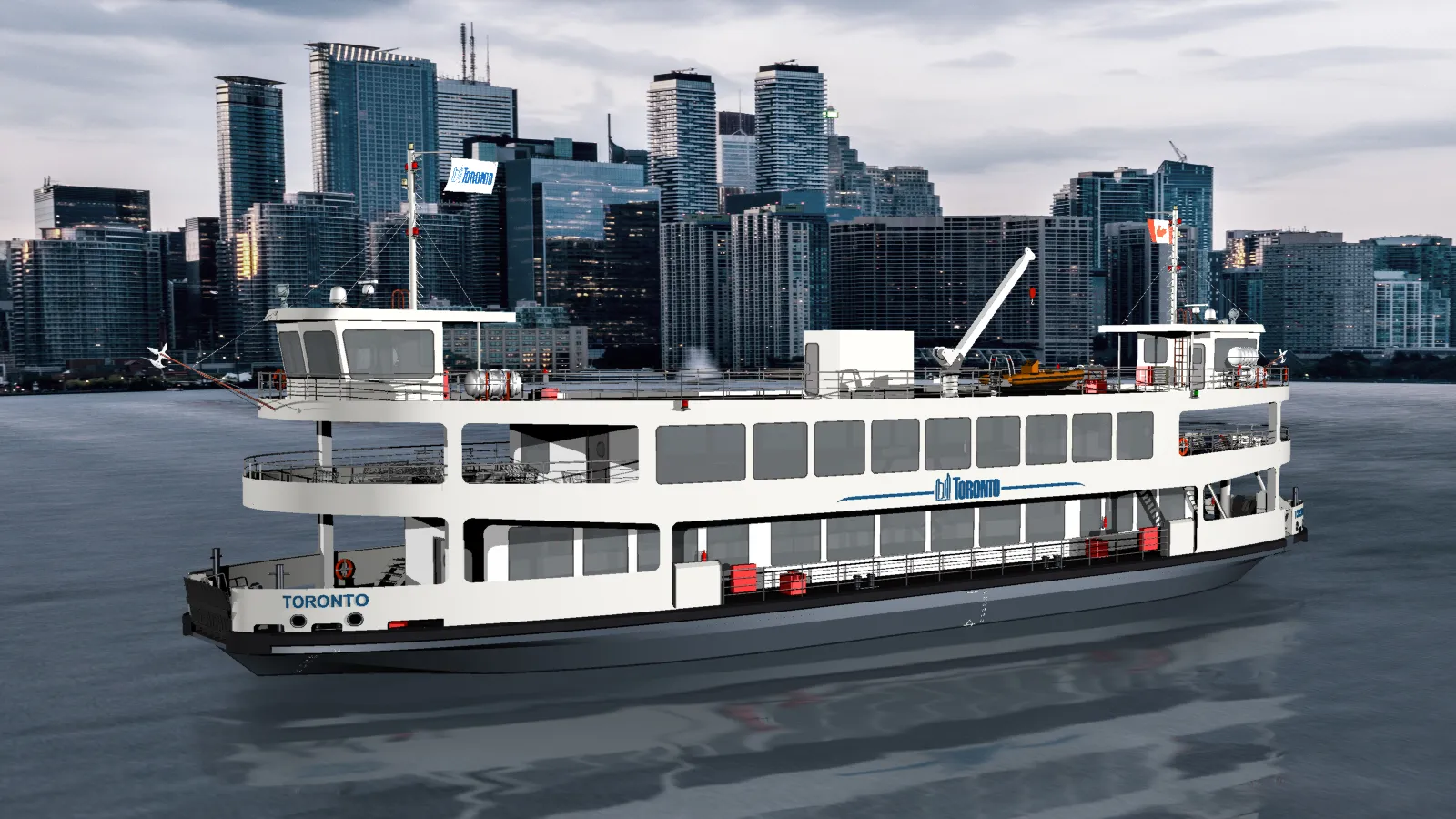BYD Canada will deliver ten 40-foot, electric buses to support the Toronto Transit Commission’s (TTC’s) commitment to establishing a zero-emission fleet by 2040.
According to BYD, TCC intends to purchase only emission-free buses from 2025.
Ted Dowling, BYD Canada’s vice president, says: “These first ten buses alone will mean a carbon reduction of 700 Metric tons every year.”
July 25, 2018
Read time: 1 min
According to BYD, TCC intends to purchase only emission-free buses from 2025.
Ted Dowling, BYD Canada’s vice president, says: “These first ten buses alone will mean a carbon reduction of 700 Metric tons every year.”








